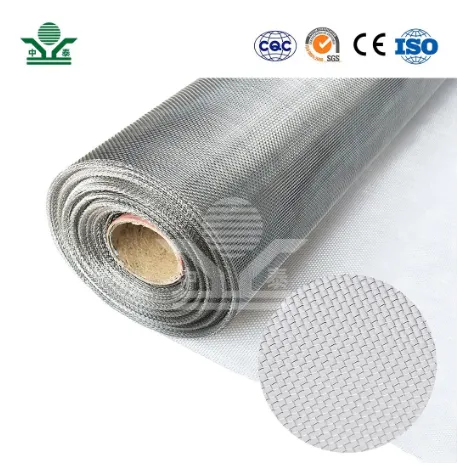The Importance of Noise Barriers Along Roads
In today's fast-paced world, transportation networks are essential for economic growth and connectivity. However, the increase in road traffic has significant downsides, one of which is noise pollution. Road noise can be disruptive, affecting the quality of life for residents living near busy highways and roads. Noise barriers have emerged as an effective solution to mitigate the adverse effects of noise pollution, providing both environmental and societal benefits.
Noise barriers, often constructed of concrete, metal, or wood, serve as physical barriers that reduce the transmission of sound from roadways to residential areas. Their design and height are meticulously planned to ensure maximum effectiveness. By absorbing and reflecting sound waves, these barriers can significantly diminish noise levels, creating a more serene environment for nearby communities.
The Importance of Noise Barriers Along Roads
Moreover, noise barriers can enhance the aesthetic appeal of an area. Various designs and materials can be utilized to blend barriers into the landscape, transforming what could be an eyesore into an attractive feature. Living walls, for example, covered in vegetation, not only block noise but also enhance biodiversity and improve air quality. These green barriers can act as effective sound insulators while contributing positively to the environment.
noise barrier road

Economically, the installation of noise barriers can lead to increased property values in adjacent neighborhoods. Homes located near noisy highways often suffer from decreased marketability due to the unwelcome noise, which can deter potential buyers. Once noise barriers are erected, the reduction in noise pollution can make these properties more appealing, thus potentially raising property values and benefiting local economies.
Noise barriers also serve a critical purpose in urban planning and development. As cities continue to grow, the integration of sustainable transportation solutions is becoming increasingly essential. Noise barriers can be a part of this strategy, ensuring that urban development keeps the well-being of residents in mind. They contribute to creating quieter, more livable cities by separating residential areas from noisy thoroughfares.
However, the implementation of noise barriers is not without challenges. Critics argue about the costs associated with construction and maintenance, as well as potential visual impacts on the landscape. Therefore, careful planning, community consultation, and innovative design are crucial to overcoming these concerns. Emerging technologies, such as advanced sound-dampening materials, are continually being researched to improve the effectiveness of noise barriers while minimizing their footprint and aesthetic impact.
In conclusion, noise barriers play a pivotal role in combating road noise and improving the quality of life for communities situated along busy roads. They offer valuable public health benefits, enhance property values, and contribute to urban aesthetics. As cities continue to expand and road traffic increases, investing in noise barrier technology becomes increasingly vital. By prioritizing the integration of noise barriers in urban planning, we can create healthier, more pleasant living environments, ultimately leading to more sustainable and resilient communities.
-
The Strength and Versatility of Aluminum Expanded Metal Mesh
NewsJun.10,2025
-
Safety Guards and Machine Enclosures Using Expanded Mesh
NewsJun.10,2025
-
Performance with Round Hole Perforated Mesh in Wall Panels
NewsJun.10,2025
-
How Steel Grating Trench Covers Distribute Weight Efficiently
NewsJun.10,2025
-
How Deck Mesh Railing Enhances Backyard Aesthetics
NewsJun.10,2025
-
Comparing Bar Thickness and Spacing in Steel Grating
NewsJun.10,2025
Subscribe now!
Stay up to date with the latest on Fry Steeland industry news.

